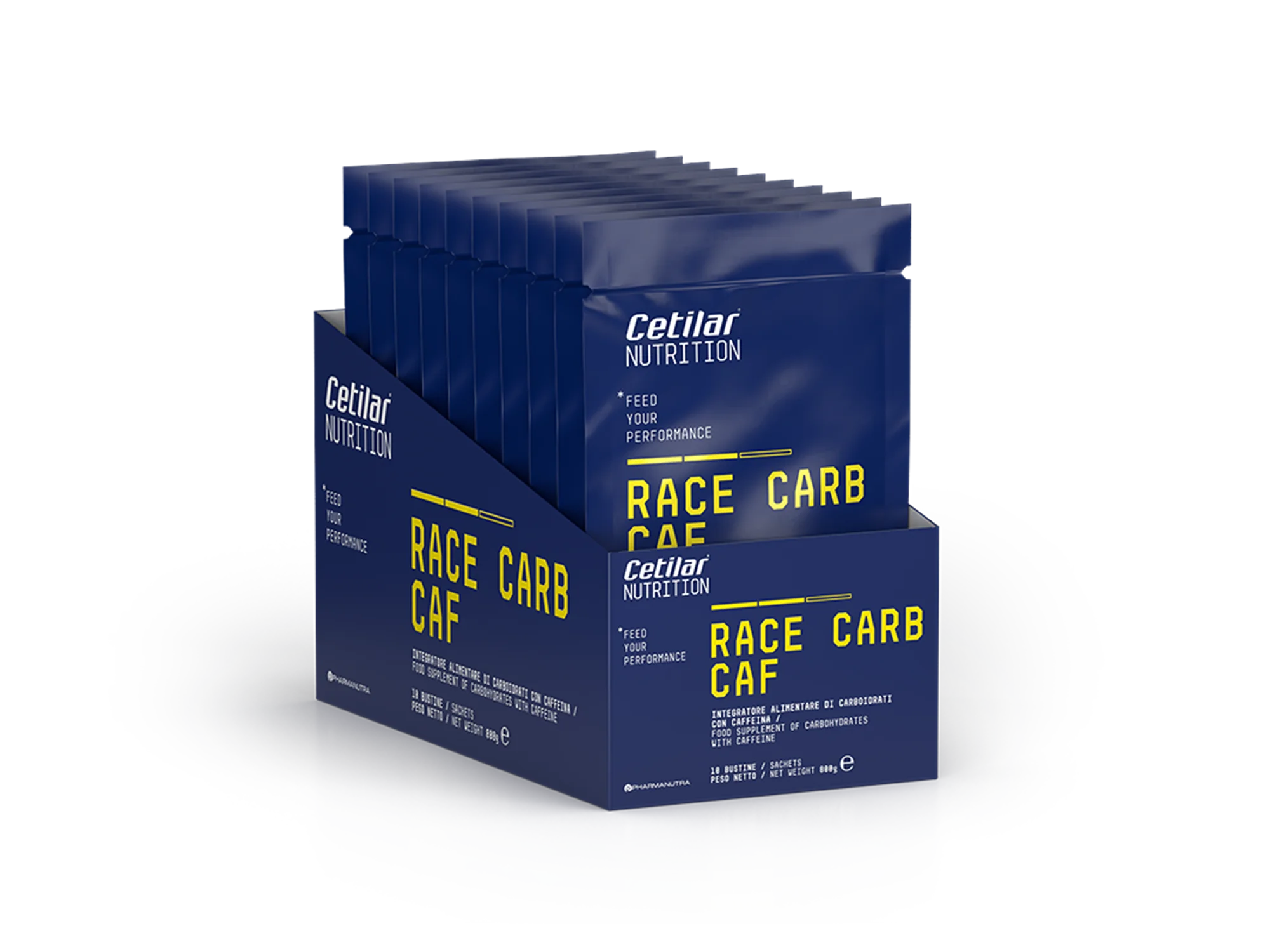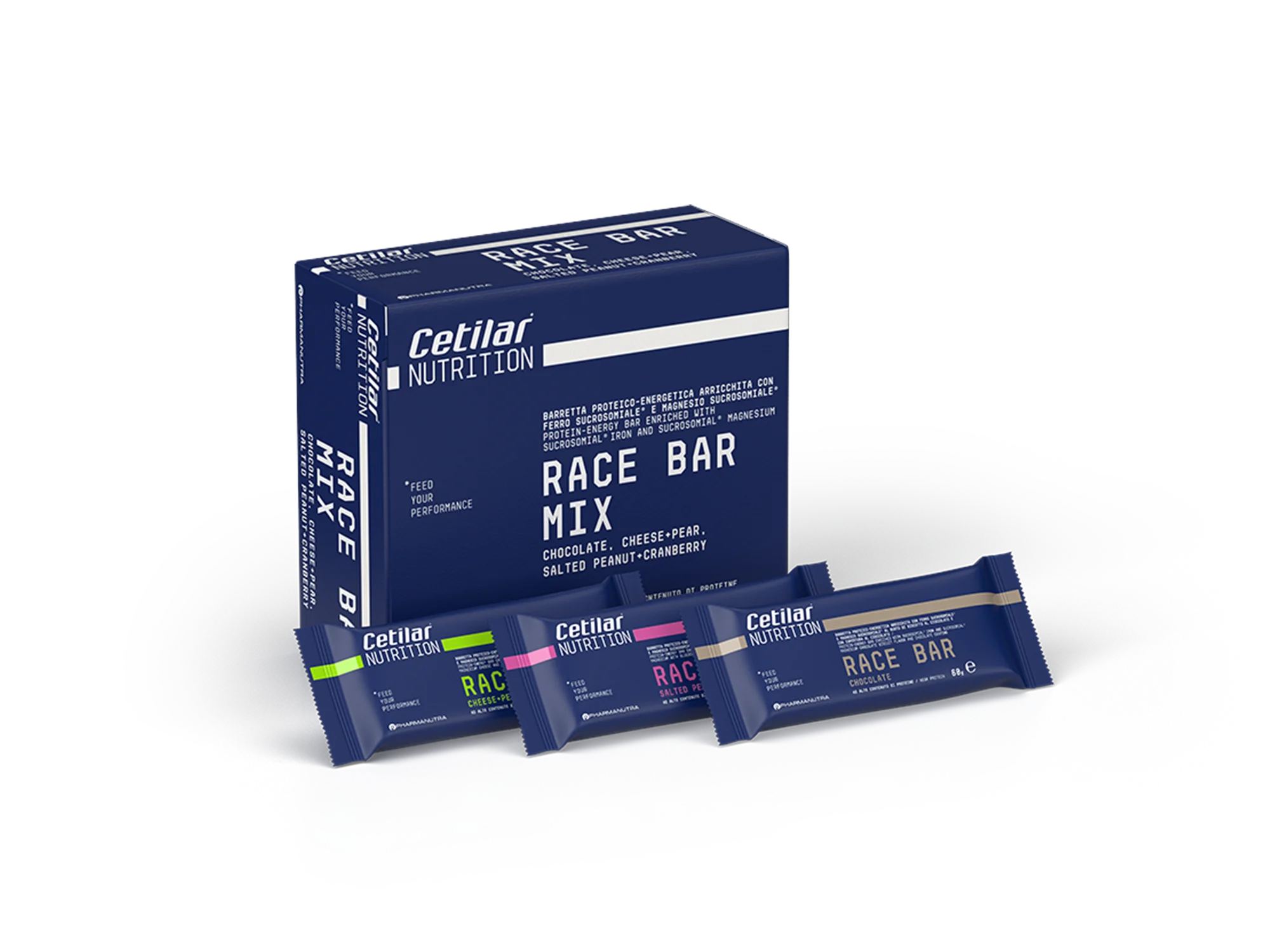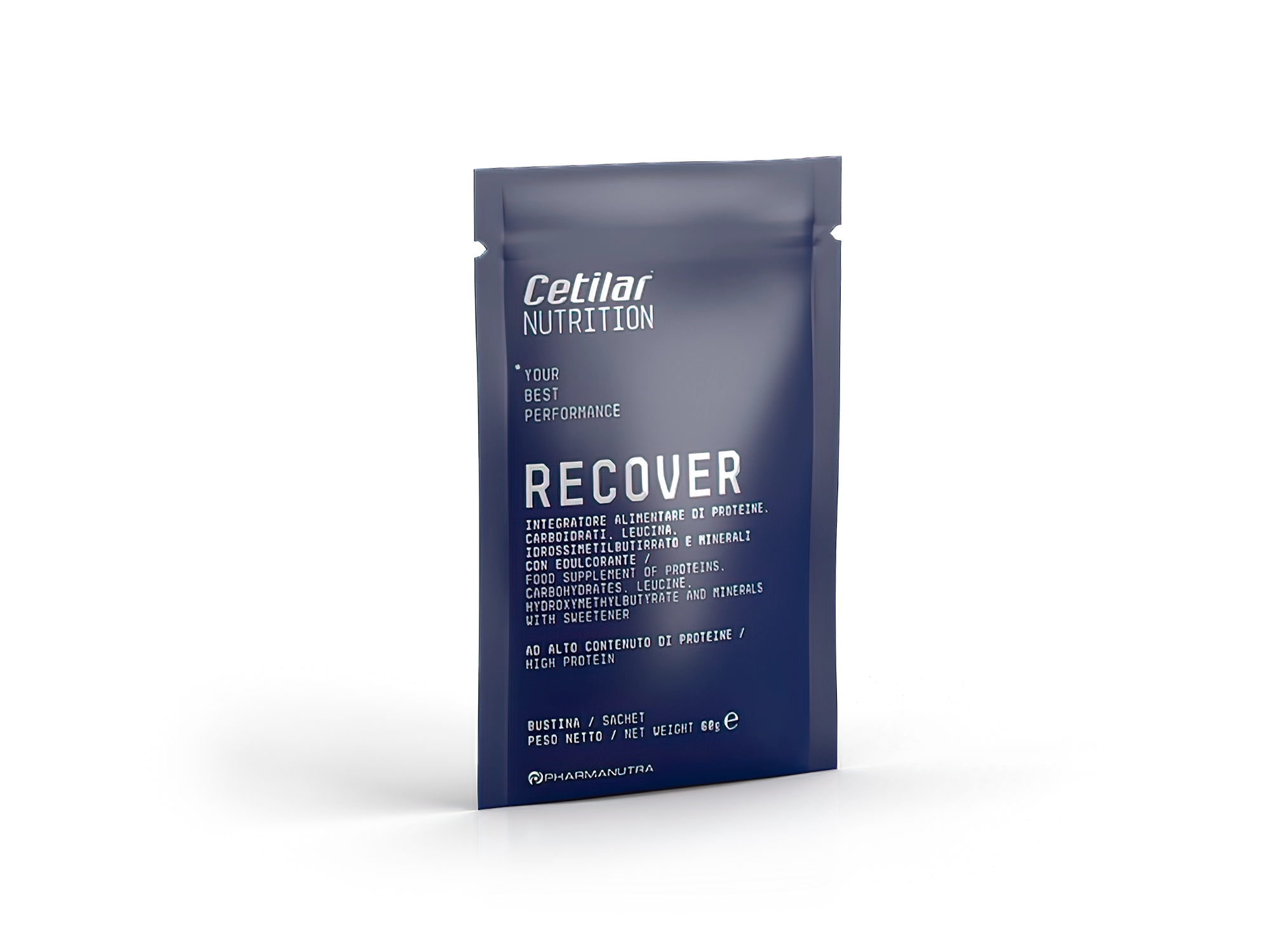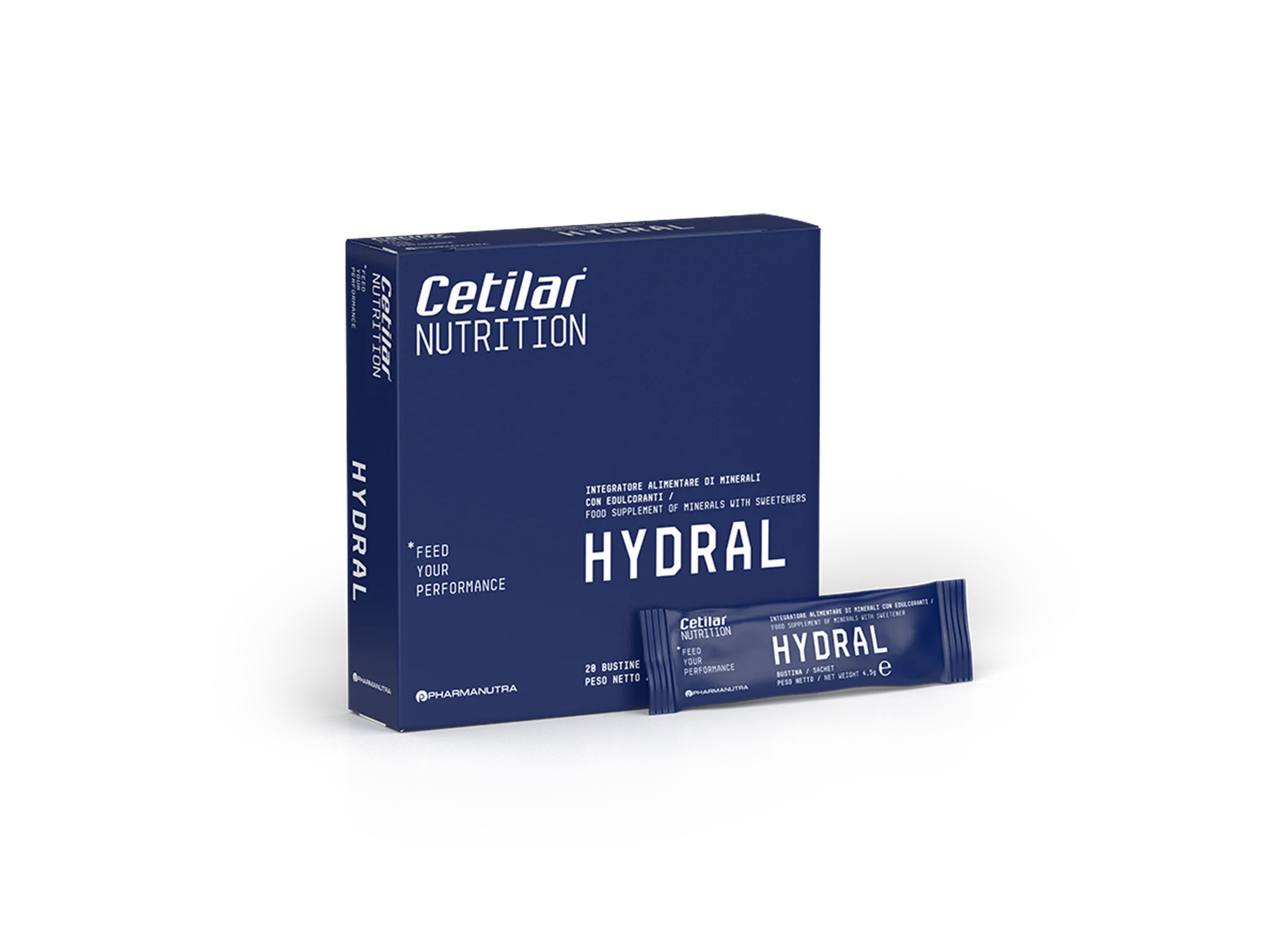Running: a healthy, balanced diet to improve performance
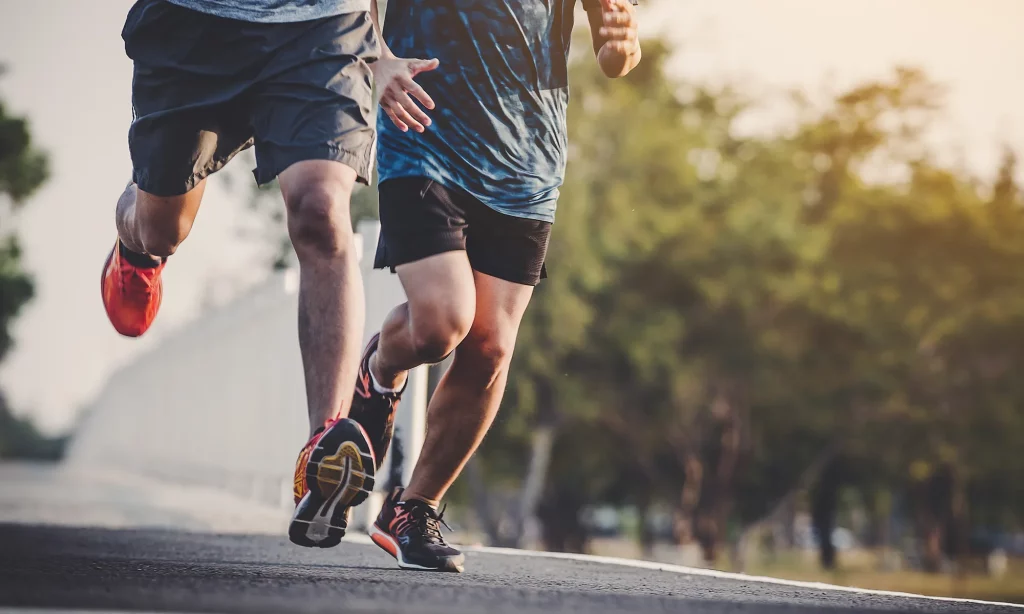
Sports nutrition is indispensable for physical well-being in running: only a balanced diet can help an athlete to achieve their objectives. This is why it is important to pay the right attention to what we eat, both before and after workouts.
Running is an aerobic sport, with low intensity and a long duration, like other endurance sports. The estimated hourly consumption during this physical activity is around 500-700 Kcal/h; but a competitive runner in a long-distance race can consume up to 1500 kcal in an hour. For this reason, healthy sports nutrition is needed: because it guarantees the right energy intake, the right body weight (and the right muscle mass) while repairing the muscles damaged by physical effort.
Rule #1. The sporting diet must be balanced, in relation to the energy spent during the physical activity done. While it is true that if we eat too many calories we put on weight, it is also true that, consuming too few we will not have enough energy during training, and this risks leading to fatigue and low performance.
Rule #2. Sports nutrition in running must distribute the daily calorie intake over five meals: breakfast, morning snack, lunch, afternoon snack and dinner.
Rule #3. Proportions in sports nutrition must be a mantra: 60% of your total calorie intake must come from carbohydrates; 25% from fats and the remaining 15% from protein.
Carbohydrates and proteins provide 4 kcal per gram, and fats 9 kcal; carbohydrates are the main food source in a diet as they store glucose in our body –in the form of glycogen– which is the most easily accessible energy source. Proteins and fats on the other hand need more time. However, proteins are necessary for developing muscle mass and it is therefore a good idea to consume protein foods of both animal and vegetable origin. Despite their bad reputation, fats are indispensable: thanks to them –healthy fats, such as olive oil, avocado, salmon– we protect our vital organs and reduce muscle pain.
What to eat before a workout:
First of all, no fasting, otherwise during physical activity we may suffer from dizziness, fatigue, or even worse, fainting. The best solution for running nutrition is a complete meal at least 2 hours before physical activity. Example: bread, yoghurt and jam, when training in the morning; pasta (or rice), fish (or meat) and vegetables when training in the afternoon. No complicated recipes or incorrect combinations, as these slow the digestion and affect performance, exposing the athlete to gastrointestinal problems. But beware: alcohol, fried foods, as well as foods with excessive fibre should be avoided.
Another indispensable aspect is hydration: before, during and after physical activity. Runners should drink around 250 millilitres every 20 minutes; and, seeing that during physical effort an athlete depletes a mix of different nutrients to produce the required energy, drinks rich in carbohydrates and sugars are recommended. This is why we have created Hydral: a powder in stick form designed by Cetilar® Nutrition with magnesium hydroxide from UltraMag® Marine and other mineral salts with a citrus flavour, to consume before, during and after a workout.
What to eat after training
The sporting diet after physical activity aims to restore the glycogen levels exhausted while running. This is why during recovery it is advisable to consume mostly carbohydrates, due to their energy availability, but also proteins, which are indispensable both for repairing tiny muscle damages and to prevent the loss of muscle mass. For example, our protein-energy bars not only help to reduce fatigue but also maintain the normal energy-yielding metabolism: this is why Cetilar® Nutrition has studied a balanced formula (40-30-30) of macro-nutrients with added SiderAL® iron and UltraMag® magnesium.
